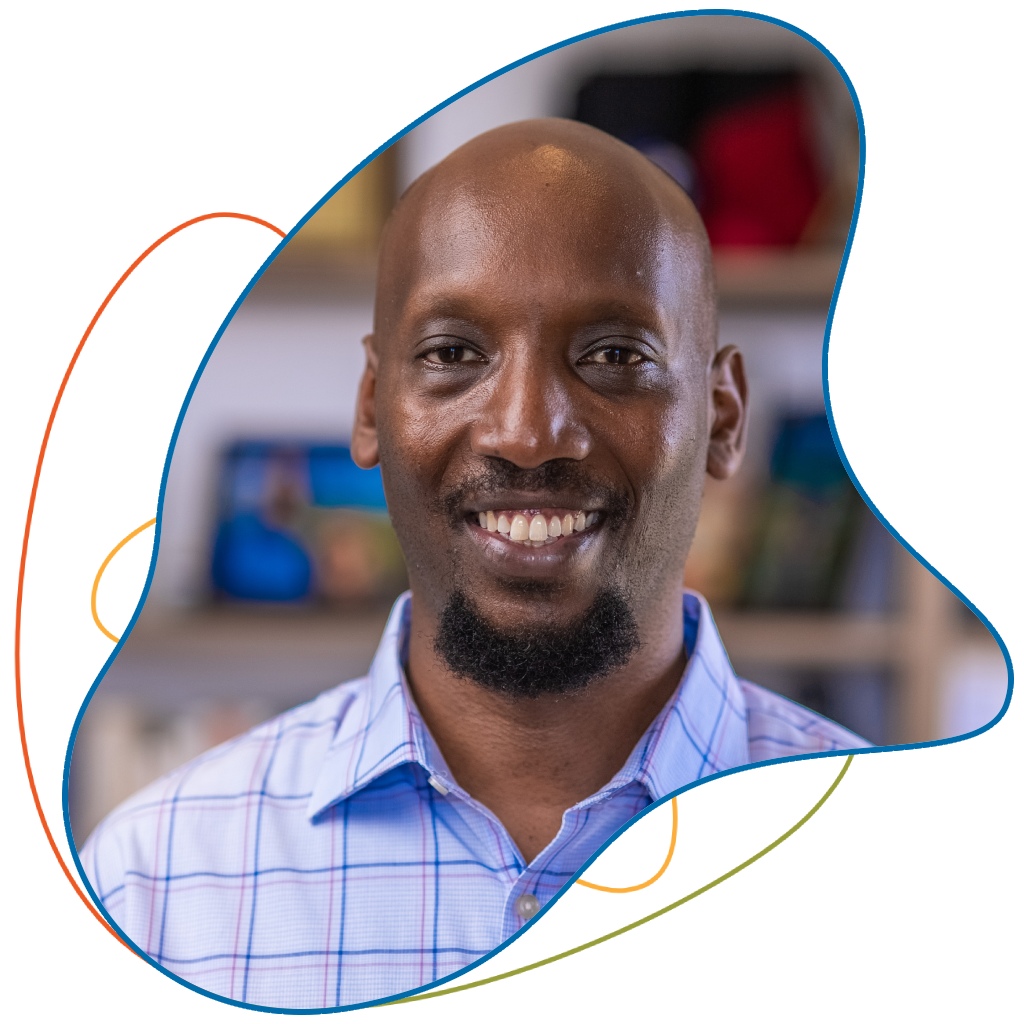
Christian Ntizimira
Profile
Dr. Christian Ntizimira is the founder and executive director of the African Center for Research on End-of-Life Care (ACREOL) in Rwanda. ACREOL is a non-profit organization that aims to improve the quality of life and the quality of care for patients facing life-threatening illnesses. The center works with perceptions of death and dying based on African experiences and realities for patients and their families.
Dr. Ntizimira began his medical career planning to become a surgeon, but the consequences of the genocide against the Tutsis in 1994 led him to a passion for palliative care. He believes that end-of-life care is a human right, and that such care should prioritize individual dignity, local values, humanity and Ubuntu. To that end he founded and has led ACREOL since October 2019 and has also become a leading advocate for developing palliative care in low- and middle-income countries recognized through the World Hospice and Palliative Care Alliance. Western techniques and philosophies seem hard to grasp to Rwandan families which have as many as 40 or 50 members. To bridge the gap, Dr. Ntizimira wrote a book, “The Safari Concept: An African Framework for End of Life Care.” Learn more


